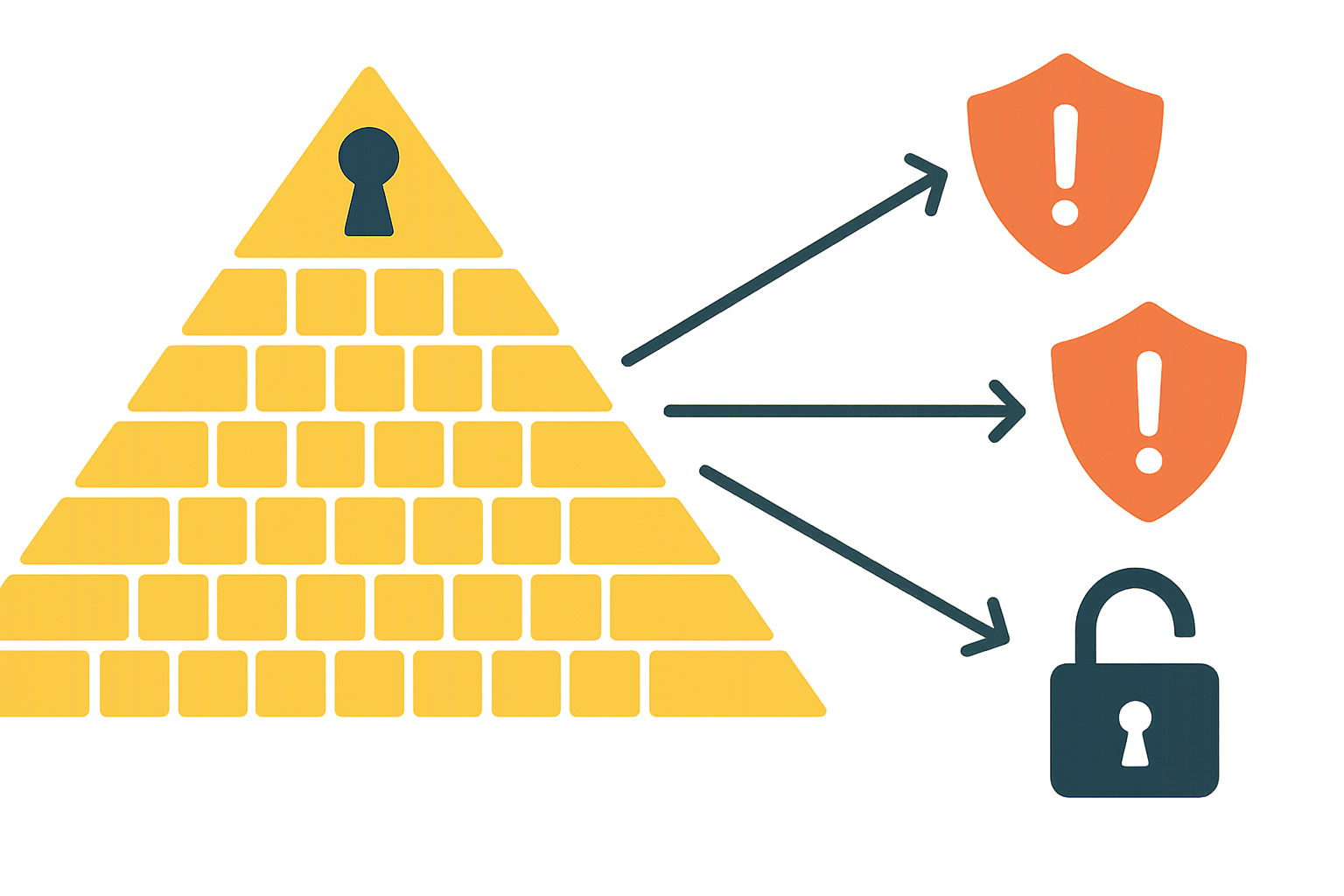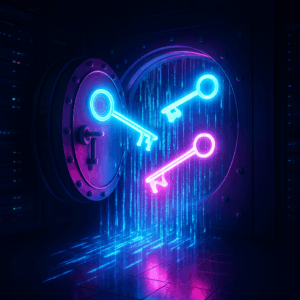Cybersecurity’s Password Apocalypse: 19 Billion Breached
The Credential Crisis Unveiled
In the latest chapter of “nothing is sacred online,” researchers have discovered RockYou2024—a digital superstore of more than 19 billion stolen passwords. Aggregated from over 200 recent breaches, this rogue archive is a glaring symptom of our collective password malaise and human error on a Herculean scale.
This is not just another leak; it’s a seismic event for data security. The vastness of the breach shows that the weakest link remains both predictable and tragically human: password reuse and the relentless popularity of “123456.”

Inside RockYou2024: When Recycling Is Dangerous
Déjà Vu, but Worse
RockYou2024 isn’t merely a collection of passwords; it’s a monument to poor digital hygiene. Only 6% of the entries are unique, meaning 94% of passwords are clones reused across countless accounts. This turns the simplest mistake—repetition—into open doors for cybercriminals everywhere.
Credential stuffing, where attackers leverage these recycled passwords to infiltrate multiple sites, remains as hilariously predictable as it is devastating. The password hall-of-shame—think “qwerty” and “letmein”—continues to hold the keys to email accounts, banking services, and even corporate systems.
A New Era of Sophisticated Threats
Beyond the Numbers: Evolving Attacks
While quantity grabs headlines, the quality—or, rather, the cunning—of today’s attacks raises the stakes. Ransomware like RedFox encrypts data and threatens leaks unless paid off, and tools such as PureRAT run password spraying and phishing campaigns with unnerving precision. Attackers are not just amassing data but wielding it with sophistication and scale.
Countermeasures: Patch, Pray, or Progress?
Practical Advice (No Eye Rolls, Please)
The cybersecurity community prescribes urgent action: audit your exposure with resources like HaveIBeenPwned.com, create unique (and, ideally, complex) passwords, rotate credentials religiously, and for the love of digital safety, use password managers and Multi-Factor Authentication (MFA). And if you’re still using your birthday as a password, may we kindly refer you to the 19 billion reasons above not to.
There’s growing momentum for passwordless futures—biometrics and FIDO2 standards among them. But is this the silver bullet, or just more duct tape over an ever-expanding leak?
What Now? Existential Reflections in the Breach Age
Even high-profile brands like Victoria’s Secret fall victim, underlining that no vault is impenetrable. The relentless escalation of attacks and defenses resembles a cyber cat-and-mouse—albeit one with much higher stakes and far fewer cartoonish escapes.
So, should we resign ourselves to passwords as Schrödinger’s secret—both secure and compromised—or embrace the future where our faces, fingerprints, and digital shadows become the only keys that matter? Perhaps the next security revolution isn’t about complexity, but about escaping the password paradox entirely.



